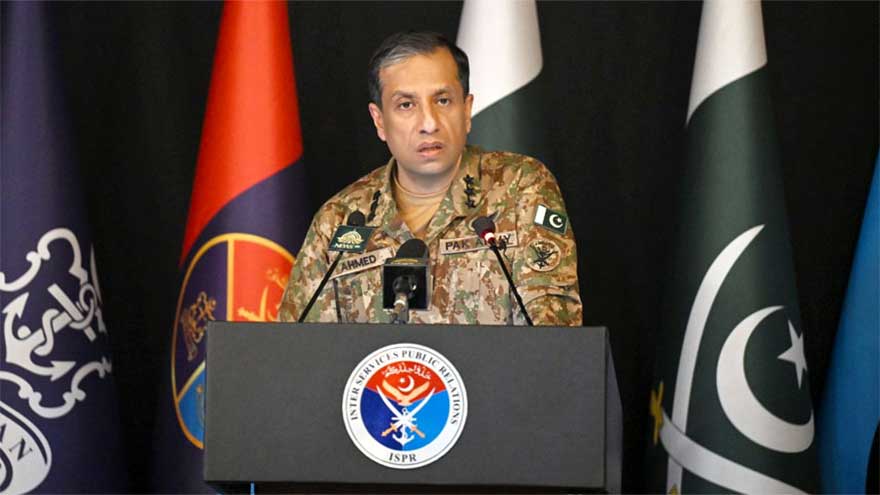The military’s top spokesperson has categorically refuted media reports claiming that Chief of Army Staff (COAS) Field Marshal Asim Munir made specific political comments during his recent visit to Brussels. Director General of Inter-Services Public Relations (DG ISPR), Lieutenant General Ahmed Sharif Chaudhry, explicitly stated that the army chief made no remarks about the Pakistan Tehreek-e-Insaf (PTI) and did not mention the need for any “apology” from political parties. He further clarified that the COAS did not give any interview to international media, directly contradicting the circulated reports.
The clarification was offered during a media interaction where the DG ISPR also reiterated the military’s unwavering position on the May 9 violence. He emphasized that the incident, which involved attacks on military and state installations, is a matter for the entire nation, not just the army. Lt Gen Chaudhry asserted that all individuals involved in planning, executing, or facilitating the riots must be held accountable for their illegal actions under the law.
Beyond the political clarifications, the military spokesperson addressed broader issues of national security. He stated that Pakistan’s potential to change the region’s fate makes it a frequent target of attacks. Reflecting on the 2019 armed conflict with India, he claimed that Pakistan’s strong response thwarted Indian plans. He also stressed the urgent need for the full implementation of the 2014 National Action Plan (NAP) against terrorism, noting that only its first point is being fully enforced while the others are necessary to address critical governance gaps.
Concluding his remarks, the DG ISPR connected the fight against terrorism to the ongoing expulsion of illegal immigrants. He suggested that cracking down on illegal Afghans involved in crimes would cause problems for certain “political and criminal figures” within Pakistan himself, implying the existence of domestic networks that benefit from such activities. The army’s message reinforced its role in national security while attempting to distance itself from direct political commentary.














